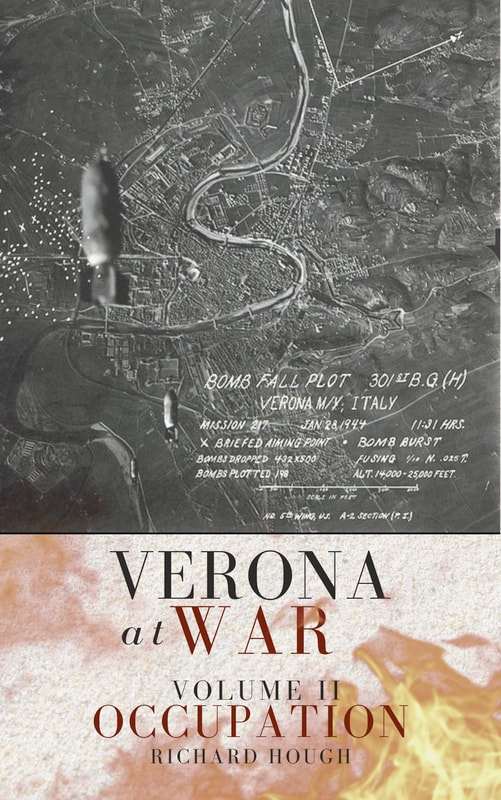|
Every Italian, it seems, has an anecdote about the uncivilised culinary habits of foreigners, usually at the expense of the English or the Germans. Foreigners, so the tale goes, will put pasta in a pot of cold water and then bring the water to the boil (while, of course, every Italian knows that you must wait until the water has boiled before adding the pasta). I've heard variations of this anecdote on at least half a dozen occasions. Italians seem to take comfort from the belief that northern Europeans are uncouth when it comes to culinary habits and behaviour.
Like most stereotypes, there is a kernel of truth in this one and the British, it must be said, have certain culinary habits which, when viewed through the prism of Italian logic, are somewhat baffling. Brits, you realise, when you return home, snack constantly. Meal times are fluid. Basically you can eat what you want, when you want, where you want. One of my regular dinners back home was a jacket potato with pizza and pasta. Yes, that's pizza AND pasta AND potato! On the same plate! More often than not, washed down with a large mug of milky tea. Now I cringe when a guest orders a latte with their lasagne or has a side salad with their pizza. I have become, I'm sorry to say, an Italian food snob. Italians will often tell you that Italian food is the best in the world. When I politely suggest that it might lack a bit of variety, they are incredulous, pointing out that every region has its own local cuisine. Yes, I counter, but it's still just pasta. And here's the thing. For Italians, pasta from Veneto, lets say Bigoli con l'anatra, is not the same as pasta from Emilio Romana (like Strozzapreti al ragù). While I would categorise them both as pasta dishes, for Italians they are as different as chalk and cheese. They could eat pasta 5 days a week, but if it's a different shape, it's not the same thing! So, is the Italian sense of superiority when it comes to food well-founded? Yes, it is good. Very good. Invariably fresh, wholesome and satisfying. But, how can I say this without causing great offence? Italian food can sometimes be quite bland. There, I've said it. Now I'll be shunned wherever I go. I'll spend eternity in the raging fires of Dante's Inferno. But it's true. Italian food often lacks that spark of flavour provided by external influences. I once asked a class of 20 Italian adults how many of them had tasted a curry. Only one had! And he didn't particularly like it! For me growing up, the local curry house was a regular family treat. We were exposed not only to the rich flavours and language of the Gulistan, our local curry house, but also, and I think this is crucial, to the warmth and charm of Asian hospitality. To a palate accustomed from an early age to korma, biryani and jalfrezi, the very localness of Italian food can sometimes make it appear flavourless. In the UK, ethnic influences have trickled down into every aspect of our native cuisine. In the UK, pub and cafés menus all have a richness and diversity that simply doesn't exist in Italy. In Italy, bars and cafes often lack the imagination to provide anything but the most simple panini. It is difficult to imagine a bar in Manchester or London serving up a slightly stale looking bread with perhaps just a couple of slices of salami or a simple toasty with just cheese and ham on it. No salsa, no dressing, no grains, no spice. No flavour. Nothing. But that's how Italian's like it. Plain and simple. Try offering a coronation chicken sandwich to an Italian, see what kind of response you get! When I first moved to Verona, I once made the mistake of ordering a mixed grill. Apart from the sheer volume of meat, it's absolute plainness left me cold. And don't get me started on bolito. If ever there is a bland way to cook meat, it is to boil it in water for hours on end. Yet somehow this is considered to be delicacy here in Verona. Give me a vindaloo any day! |
AboutRichard Hough writes about history, football, wine, whisky, culture + travel and is currently working on a trilogy about wartime Verona.
|



